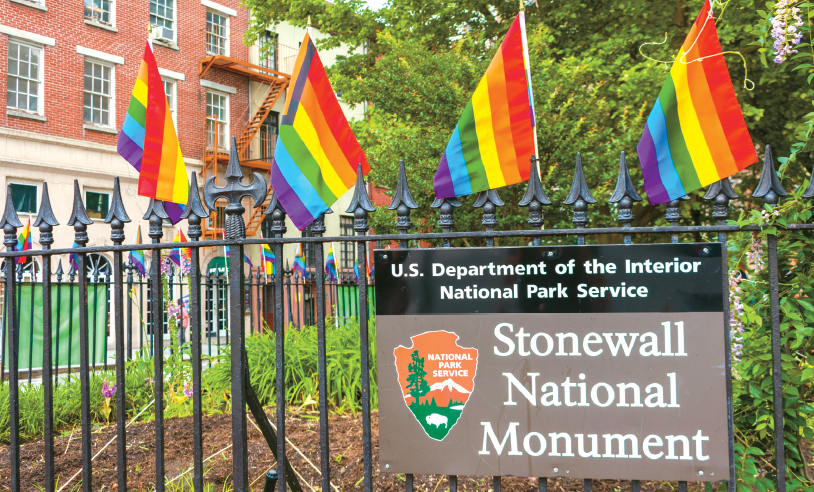The U.S. Supreme Court has allowed a lower court ruling to stand in a case involving a former employee who claimed religious discrimination after being fired for commenting on a company Pride flag display. The decision, by declining to hear the appeal, reinforces employers’ rights to enforce workplace policies over individual expressions of religious belief in certain contexts.

In Snyder v. Arconic, the Court declined to review a decision by the Eighth Circuit Court of Appeals, effectively siding with Arconic, an industrial aluminum manufacturer formerly known as Alcoa.
Comment on Pride flag leads to firing
The case stems from an incident in June 2021 when Daniel Snyder, a 63-year-old employee at Arconic’s Riverdale, Iowa plant, received an email from CEO Tim Myers encouraging employees to participate in an anonymous engagement survey. When Snyder clicked the link, he encountered a webpage featuring a rainbow flag promoting Gay Pride Month, along with a comment box.
Believing he was providing anonymous feedback, Snyder wrote: “It’s an abomination to God. Rainbow is not meant to be displayed as a sign for sexual gender.”
However, Arconic later informed him that the comment had not been submitted anonymously but was posted on the company’s internal message board, where it was visible to other employees. At least one employee reportedly found the statement offensive. Snyder was suspended and then terminated for violating the company’s diversity policy.
Snyder alleges that he told company officials the statement was based on his sincerely held Christian beliefs, including his view that the rainbow symbolizes a covenant between God and man and should not be used to promote “relationships and ideologies that violate God’s law.” He also claims Arconic officials responded with derisive laughter when he explained he thought he was submitting the comment anonymously.
Snyder had worked at the Riverdale plant for nearly a decade and had previously received a religious accommodation not to work Sundays so he could preach at a local church. He also sought permission to form a prayer group at work, according to the complaint.
Court: Policy did not infringe on belief
The Eighth Circuit ruled that Arconic’s employment policy was neutral and did not directly target Snyder’s beliefs. “Religion did not compel, encourage, or inspire Snyder to post his comment,” the decision noted. The court emphasized that the company’s diversity policy does not regulate private religious beliefs, only public conduct that may create a hostile or discriminatory environment.
Arconic stated that Snyder was not fired for holding religious beliefs, but for the manner in which he expressed them on a public-facing company platform. Snyder himself did not claim he was terminated solely for his religious convictions, but for expressing them in that instance.
Legal experts say the case clarifies that workplace anti-discrimination policies can lawfully limit expressions that could be interpreted as harassment, even if rooted in religious belief.
Legal analysis platform JD Supra noted that even sincere religious views are not protected if expressed in ways that violate workplace conduct policies.
The Equal Employment Opportunity Commission (EEOC) did not support Snyder’s claim. While the EEOC typically bars employers from disciplining employees over religious expression, it allows exceptions if the expression contributes to a hostile work environment.
Snyder’s lawsuit alleges that Arconic’s “zero tolerance” diversity policy functions as a “moral enforcement code,” allowing only company-approved views and punishing religious dissent without accommodation.
Though the Supreme Court declined to hear the case, the legal questions it raises remain significant. In past cases like Burwell v. Hobby Lobby (2014) and Fulton v. City of Philadelphia (2021), the Court sided with religious liberty claims. But this case highlights the limits of such protections in corporate environments with clearly defined anti-discrimination policies.
Snyder is seeking unspecified damages for alleged retaliation, religious discrimination, and violations of the Civil Rights Act of 1964.




